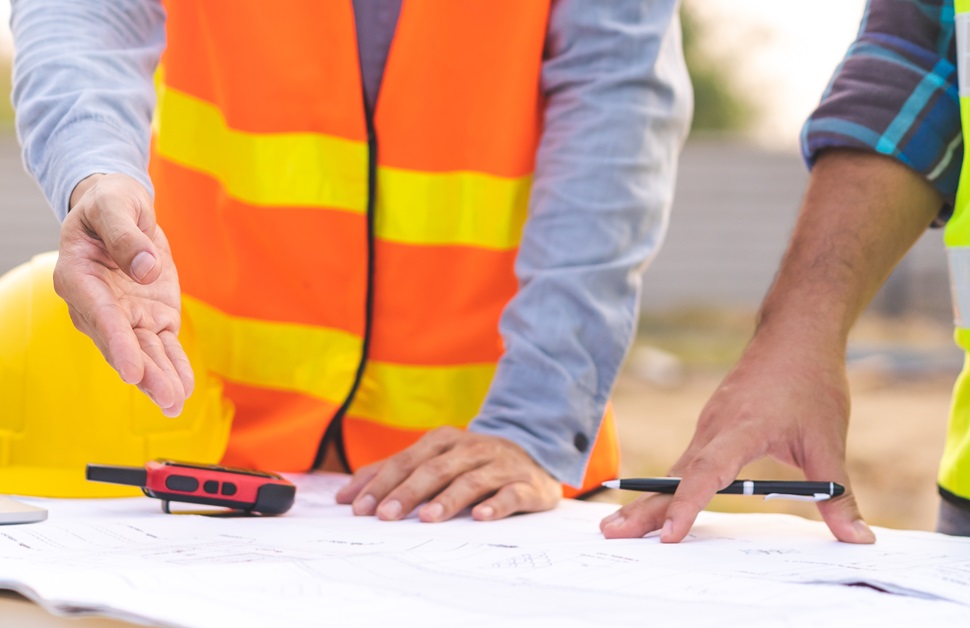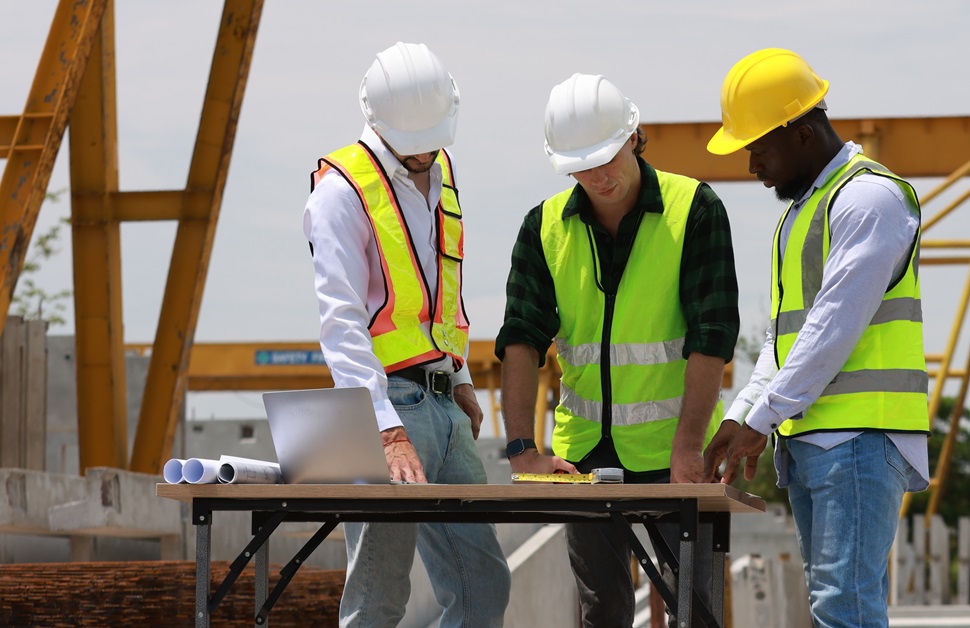ECoW on Design, Construction and Demolition Work
Through an assortment of demands from local councils, existing protective measures from environmental organisations and restrictions in place from conservation groups, developers are tasked with ticking a lot of boxes to get their planning projects over the line and remain loyal to planning consent commitments.
Any number of ecology surveys could be the solution depending on the issue, but in some instances, it would be more suitable to arrange for one of our team to act as an Ecological Clerk of Works (ECoW) on your development site, particularly if you simply need evidence that your planning project and all associated tasks are being conducted in the correct manner.

What is an Ecological Clerk of Works?
A professional ecological consultant disciplined in a number of areas, an Ecological Clerk of Works (ECoW) is a category of on-site ecologist instructed to monitor all development activities, exercises and practices. Overseeing a variety of development works, an ECoW will possess an extensive and broad knowledge of numerous areas across ecology and planning, allowing them to accurately analyse and evaluate the development, the environment and all staff present.
What Does an Ecological Clerk of Works Do?
It is the role of the Ecological Clerk of Works to ensure that all rules and regulations involved with the proposed development are followed accordingly. From offering problem-solving skills and providing advice to watching for ecological issues and health and safety concerns, each ECoW holds an excellent working knowledge of different types of construction sites, ecological features and the potential problems that can affect planning consent commitments.
What Are the Benefits of an Ecological Clerk of Works?
More than anything, an ECoW will crucially show compliance with environmental legislation, wildlife legislation and any other parameters that could otherwise delay or even entirely derail a development. Working with developers, homeowners, project managers and anyone else undertaking a planning project, the ECoW will play an important role in the development process, helping with planning applications and adhering to elements of planning regulation.
Ecological Clerk of Works Guidelines
Our ecological services are led by the latest updates from the local authorities and applicable regulators. In terms of the resources we use, we often refer back to the guidance of CIEEM, DEFRA and Natural England, as well as any applicable local councils or wildlife trusts that are species, location or site-specific. In the section below, we explain what one of our team operating within an ECoW role could assist with and what makes our ecological consultants qualified to support your development.
Ecological Clerk of Works Services
Examples of the types of work an ECoW would be able to help with include:
- Attending Site Meetings
- Creating Compensation and Mitigation Measures
- Dealing with Health and Safety Concerns
- Guiding the Conservation, Preservation and Protection of Ecological Features
- Handling and Relocating Protected Species
- Inspecting for the Presence of Protected Species
- Leading Staff Training, Toolbox Talks and Site Inductions
- Maintaining Relevant Records
- Recording Pollution Levels
- Speaking with Local Planning Authorities, Organisations and Regulators
- Translocating Protected Species of Flora and Fauna
In addition to the tasks above, it is common for an ECoW to monitor a selection of development works that are considered high-risk, such as the creation and management of habitat, the demolition of buildings, the planting, profiling and maintenance of landscape, topsoil removal, vegetation clearance and watercourse management.
Ecological Clerk of Works Report
As with all of the ecological surveys we conduct, an ECoW service would result in the professional ecological surveyor assembling a report immediately after. Specifically in the case of ECoW work, an ecology report would contain extensive information about the services needed, the site itself and any present European-protected species of animals or plants. The ecologist in the ECoW role can then detail any overlap between each element and how they could impact the development plans.
Once the ecological consultant has all of the necessary information from the site, the development plans and the developer, it will be possible to create method statements for what needs to be done in order to appease the local authorities. Alternatively, if the ECoW was there for another reason, such as to monitor development activities or conduct a toolbox talk, for instance, the report will simply be a method of confirming this within a trusted and reliable document.
Ecological Clerk of Works Consultants
With a comprehensive understanding of environmental regulation and a wide range of ecological surveys, our ecology team is ideal for leading ECoW services. Many of our team hold the necessary Ecological Clerk of Works qualifications to support developments, giving clients all over the country the option to refer to our ECoW consultants in projects now or in the near future. On top of that, every surveyor in our ranks has sufficient licensing, training and experience to offer a reliable and quality service.
Due to the connection ECoW has with other ecology surveys and related services, we can also work on further assessments if they are needed, such as protected species surveys for animals and plants, preliminary ecological appraisals (PEAs), ecological impact assessments (EcIAs) and other site meetings to enhance biodiversity as part of satisfying the BNG mandate or to ensure works planned won’t infringe on the health and safety of anyone within the vicinity.

Speak to Arbtech About ECoW Services
Regardless of your reason for requiring an ECoW, the team at Arbtech can help. And even if you aren’t 100% sure it’s what you need, reach out to us and we can talk you through your options. We’ve helped project managers, homeowners, developers and more with matters improved by the use of an ECoW, so we are perfectly positioned to step in and guide your development.
Potential services include running toolbox talks, making method statements, dealing with protected species and meeting the criteria of planning conditions. Speak to our team today by calling us directly, sending us an email, visiting our socials or completing an online quote form. You will then receive a bespoke free quote, and if you want to move forward, we can set a date for the site visit.


